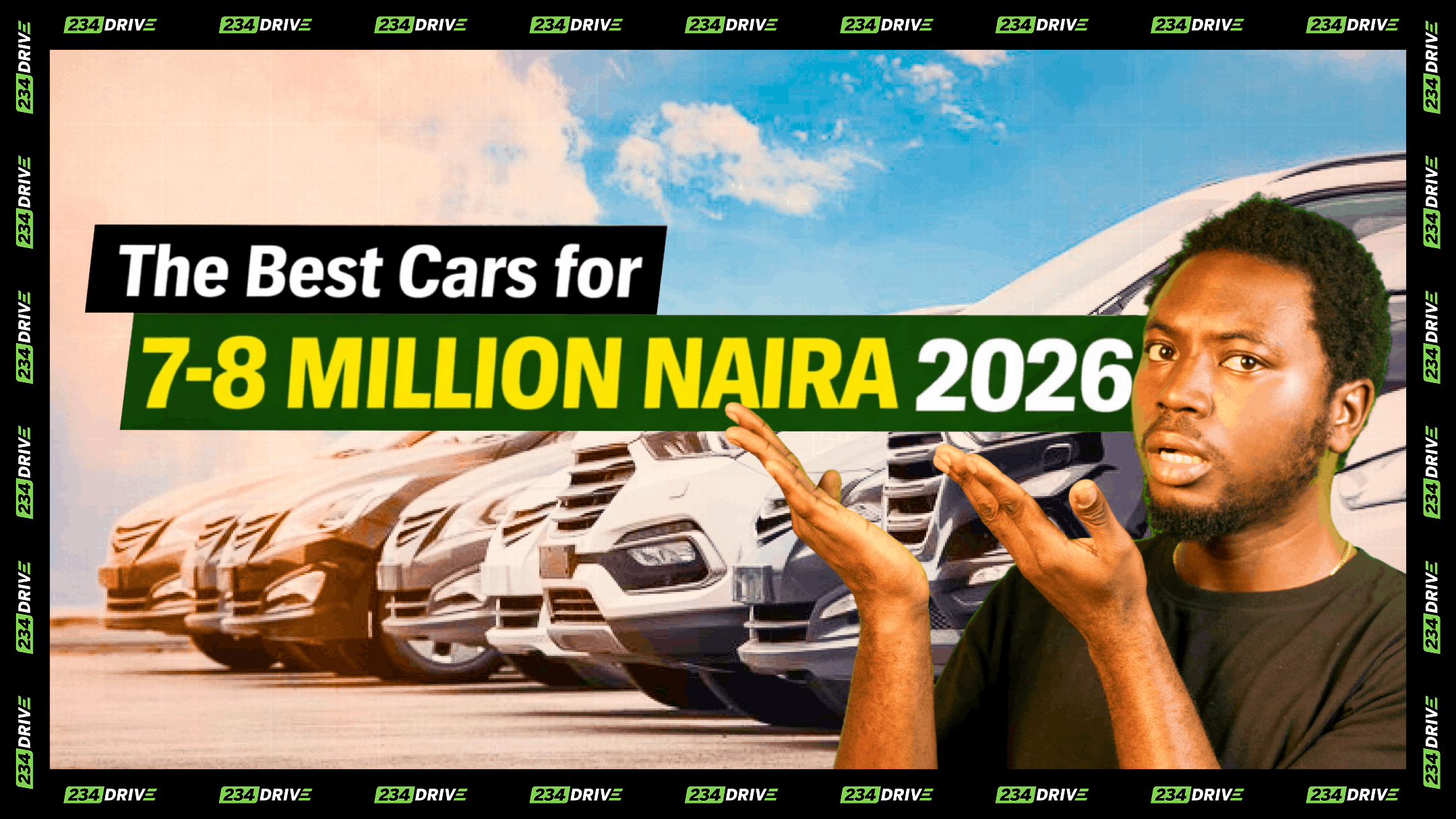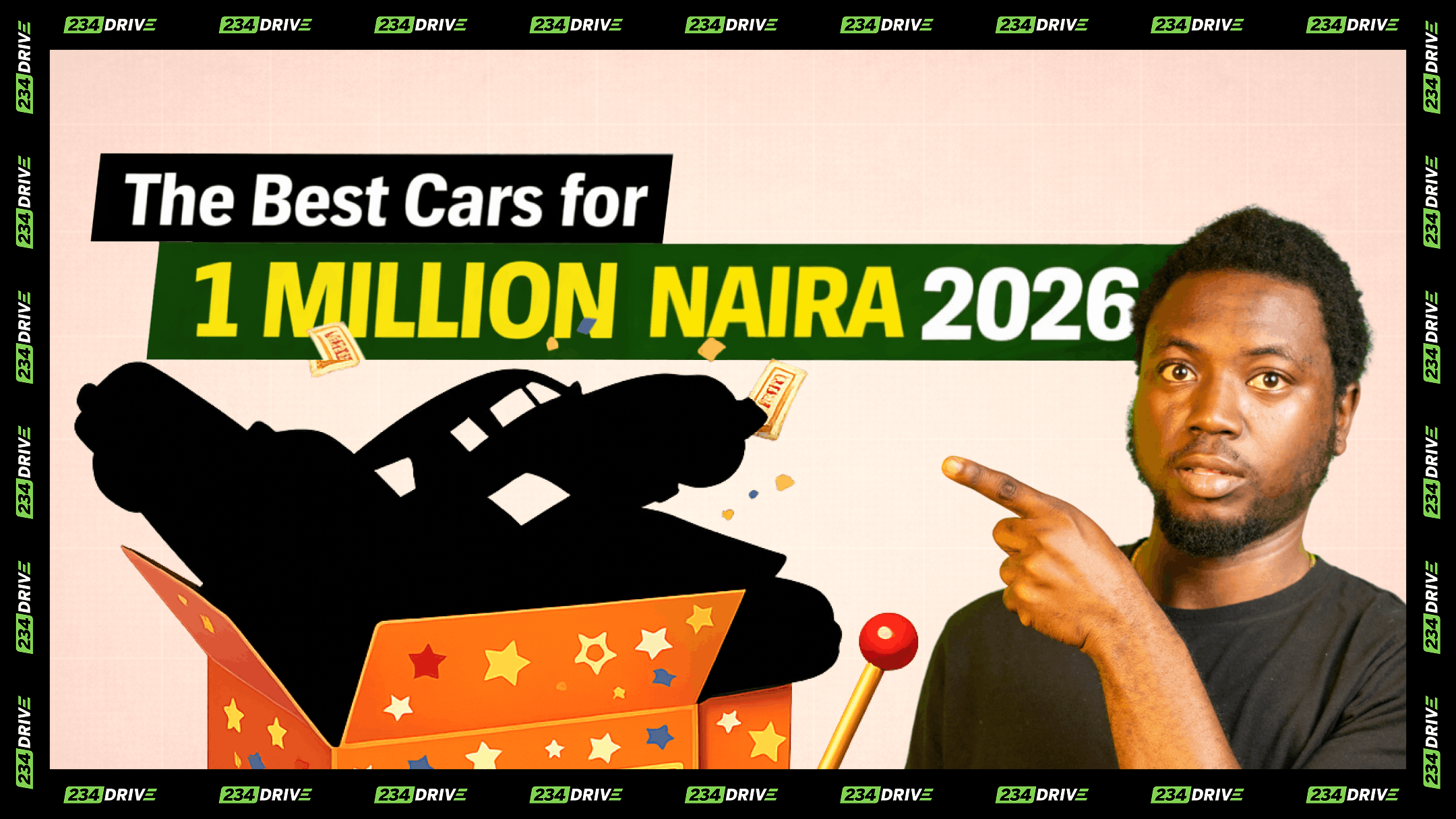Buying a used car, popularly called a tokunbo in Nigeria, is often the most realistic path to car ownership for many people. Tokunbo cars provide relatively better value compared to brand-new imports, offering durability and comfort at a fraction of the price. However, the market is filled with both trustworthy dealers and fraudulent sellers, making it crucial to approach the process with knowledge and caution.
The decision goes beyond affordability. A buyer must consider potential pitfalls such as accident history, forged documents, and hidden mechanical faults. Without due diligence, you risk not only wasting money but also driving away in a vehicle that may end up impounded or grounded by expensive repairs. Understanding what to avoid ensures your investment pays off and keeps you on the road with peace of mind.
Exterior Red Flags to Avoid
Many tokunbo cars are imported after sustaining damages abroad. Watch out for poorly done paint jobs that attempt to hide accident repairs. Uneven gaps between panels, mismatched paint shades, or signs of rust around the doors and wheel arches should raise concern. Carefully inspect the body for signs of welding or replaced parts which could mean structural damage.

Another key check is the tyres, lights, and windshields. Worn tyres suggest neglect, while cracks in the windshield or faded headlights can cost more to replace than expected. Always assess the car under good daylight to avoid missing these details.
Interior Concerns
Inside the car, be wary of overly refurbished interiors that don’t match the vehicle’s age. If the upholstery looks too new while the steering wheel and pedals show heavy wear, the odometer might have been tampered with. Functionality of key features such as the air conditioning, sound system, and infotainment should also be tested, as repairs here can be costly.
Dashboard warning lights that remain on after ignition often point to hidden mechanical or electrical problems. Do not ignore them, and always request a diagnostic scan before purchase.
Mechanical and Performance Issues
Engine and transmission are the heart of any tokunbo purchase. Listen carefully for unusual sounds, rough idling, or smoke from the exhaust during inspection. Sluggish acceleration or jerky gear shifts may indicate future repair nightmares. It is advisable to test drive the car on different road types, including bumpy areas, to feel its suspension response.
Mileage should be consistent with the car’s condition. Very low mileage on an older model may signal tampering, while very high mileage could lead to costly breakdowns. Cross-check the mileage with maintenance records if available.
Document Verification
One of the biggest mistakes Nigerian buyers make is neglecting proper paperwork. Insist on genuine customs papers, proof of duty clearance, and a verifiable Vehicle Identification Number (VIN). Forged or incomplete documents can lead to confiscation of the car by customs officials or law enforcement.

Always run the VIN through trusted online databases to confirm the car’s history. This reveals accident records, ownership changes, and other hidden issues the seller might not disclose.
Relevance in the Nigerian Context
Nigeria’s driving conditions demand durability and reliability. Roads can be uneven, traffic is often congested, and the climate puts additional stress on vehicles. Cars with strong suspension, high ground clearance, and accessible spare parts tend to perform better here. Tokunbo vehicles from brands like Toyota and Honda have earned trust due to their balance of ruggedness and affordability of maintenance.
Another factor is prestige. Many buyers choose tokunbo cars not just for mobility but also as a status symbol. However, beyond image, maintenance support and fuel efficiency should be top considerations for long-term ownership satisfaction.
Comparing Alternatives
Compared to rivals, tokunbo cars are often more cost-effective than new imports. While they may lack the untouched appeal of brand-new vehicles, their resale value holds up well, especially for reliable brands. However, some European models, though attractive, may struggle with parts availability and higher maintenance costs in Nigeria.
Durability and ease of maintenance often tilt the balance in favour of Japanese brands over American or European options. Buyers should weigh these factors against purchase price and desired comfort levels before making a decision.
Conclusion
Buying a tokunbo car in Nigeria can be rewarding if approached with care. The key lies in inspecting both exterior and interior conditions, confirming mechanical integrity, and verifying documents thoroughly. Practical considerations like road conditions, parts availability, and prestige also influence long-term satisfaction. With proper checks, you can secure a dependable vehicle that serves you well for years. Have you had any tokunbo experiences worth sharing?









